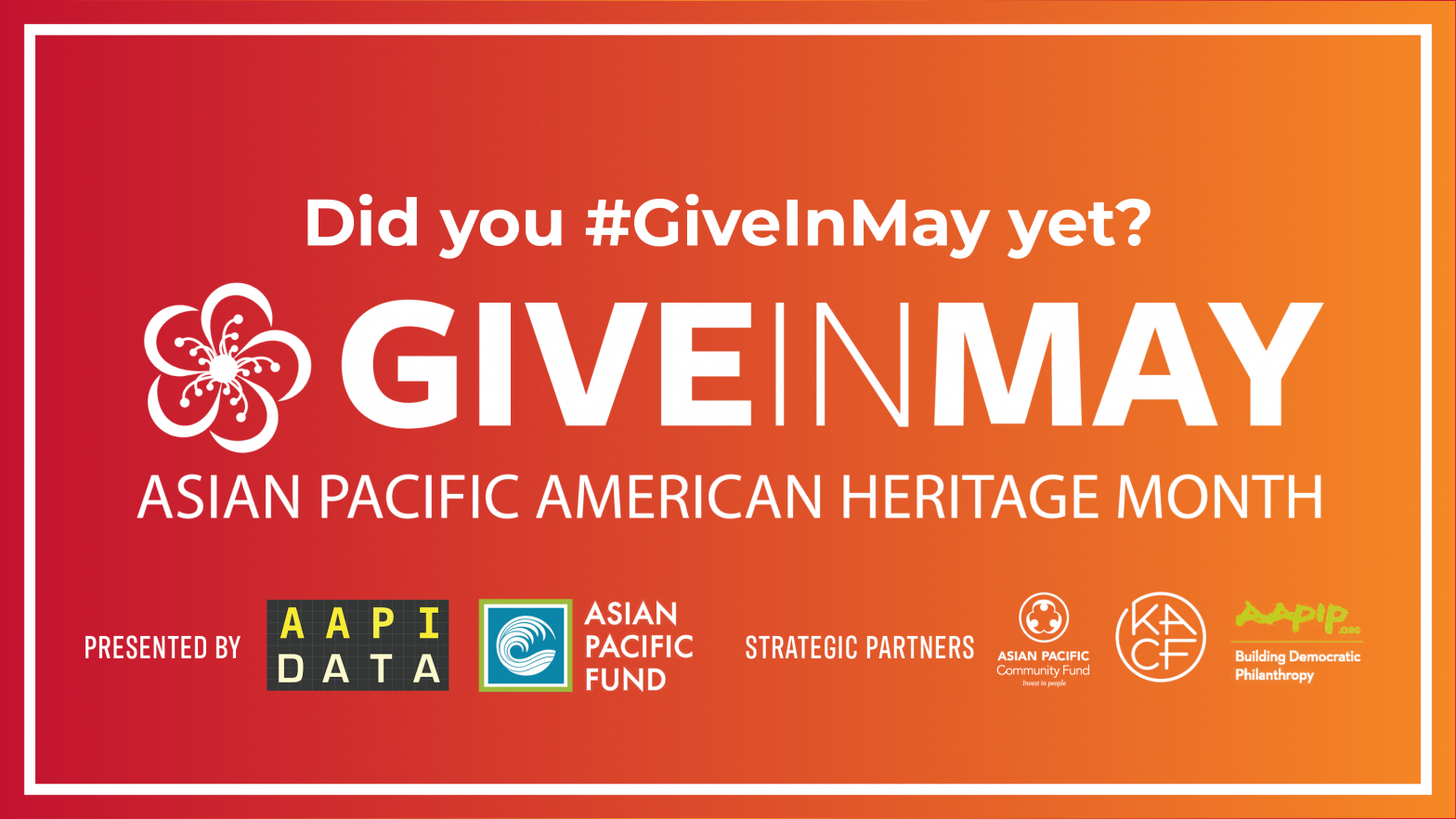API Heritage Month and Year-Round Support for API Communities
May is Asian/Pacific American Heritage Month – a celebration of Asians and Pacific Islanders in the United States. A rather broad term, Asian/Pacific encompasses all of the Asian continent and the Pacific islands of Melanesia (New Guinea, New Caledonia, Vanuatu, Fiji and the Solomon Islands), Micronesia (Marianas, Guam, Wake Island, Palau, Marshall Islands, Kiribati, Nauru and the Federated States of Micronesia) and Polynesia (New Zealand, Hawaiian Islands, Rotuma, Midway Islands, Samoa, American Samoa, Tonga, Tuvalu, Cook Islands, French Polynesia and Easter Island).
The Human Rights Campaign released the following statement this year:
“As we honor the rich contributions and narratives of the API community, it’s important to also acknowledge the ongoing challenges and barriers the community still face. From visibility on television and in movies to published works and representation in public office, APIs are still fighting for diverse representation and equality across the board.
The term “Asian American” was first coined by Yuji Ichioka, a historian and civil rights activist, in the 1960s to allow an incredibly diverse and expanding community to coalesce into a self-defining political and social identity as they organized on key civil rights issues and elevated their stories.
The history of the API community is one of navigating assimilation, fighting stigma and of longstanding resilience.
From the Chinese Exclusion Act of 1882, that explicitly barred Chinese American laborers from entering the country, to the unconscionable internment of Japanese American citizens during World War II guided by an idea that Asian Americans are “perpetual foreigners” to the murder of Vincent Chin that ignited a national call to address anti-Asian bias and racial intolerance — and importantly, propelled Asian Americans into the civil rights movement.
Anti-Asian racism and bias is nothing new to the API community.
And today, as the world navigates an extraordinarily challenging and unprecedented time of a global pandemic, the API community again faces an ongoing rise in COVID-19 motivated racism and violence.
In March 2020, the STOP AAPI HATE reporting center, founded by the Asian Pacific Policy and Planning Council (A3PCON), Chinese for Affirmative Action (CAA) and San Francisco State University’s Asian American Studies Department, has received almost 1,500 reports of COVID-19 discrimination from Asian Americans across the country within a month.
We must stand up to anti-Asian hate and violence.”
How are nonprofits pivoting to support API communities during this time?
#GiveInMay is a starting point. More than 80 organizations are participating in a national campaign to support nonprofits serving Asian Americans and Pacific Islander communities.
AAPI Data, one of the organizers of the event, said in a press release that the coronavirus pandemic has created a crucial need to bolster philanthropy to support the work of such nonprofits. It said those groups need funds to counter a surge of hate crimes and economic struggles in the retail and business sectors linked to xenophobia arising from misinformation about the cause of the virus.
Jericho Road Pasadena Board Member, Lynn Miyamoto spoke this month on the importance of a broader view of diversity and lived experiences in work places, the importance of nonprofits shifting available funds to support API communities and the timeliness of API heritage month amid growing anti-Asian violence. Miyamoto also highlighted the large API community in Pasadena and the need for communities to work together.
“Giving tools to organizations and individuals is important. Those who can need to step up. API Heritage Month is particularly timely right now, but this needs to be a year-round focus as well.“
Asian Americans Advancing Justice has compiled resources on bystander interventions, reporting hate crimes, teaching tolerance, and cultivating diverse and equitable work spaces.

